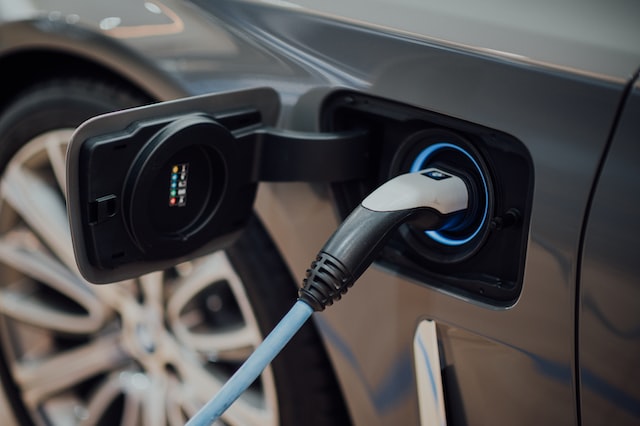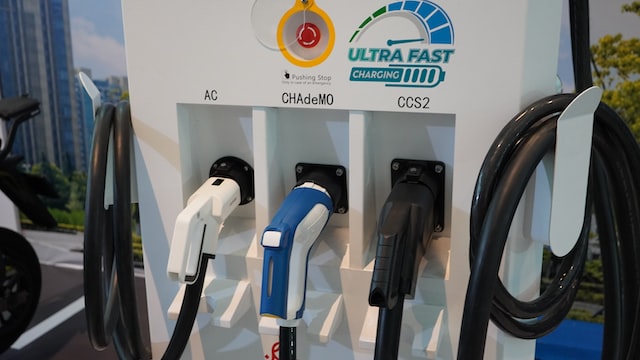

To charge the battery, it is not enough just to connect it with wires to a source of electricity in Roadside EV Charging Service. Each device requires its own voltage, charging current and time after which the process must be interrupted. Simply put, any battery is charged in a certain mode (or modes). According to the level of complexity and effectiveness, they can be divided into four types. If you begin to charge a car incorrectly, then soon you will need Emergency EV Charging Service.
Mode 1

It is a direct connection to the household power supply without monitoring parameters in this circuit. It does not strictly prescribe grounding standards and the level of protection from external influences, and the network and the device do not exchange data. For these reasons, this mode is not suitable for charging electric vehicles and is not used.
Mode 2
It is the basic semi-automatic mode applicable for charging an electric vehicle from alternating current (AC) networks. It also does not use the exchange of information about permissible modes, but the cable connection has an electronic overload protection device that can reduce the charging current if necessary. According to this principle, the charging systems that come with the electric vehicle are implemented.

Mode 3
It protects mode of charging with alternating current from the EZS through a special cable with an information bus. Through it, the terminal and the electric car first initialize the check of all connections and leaks in the insulation, “agree” on the permissible modes, and only after that the charging current is started.
Mode 4
It is an advanced, protected direct current (DC) charging mode. A special cable is used here, the machine and the charging station exchange information about the permissible currents and voltages, and charging begins only after a complete check of all systems.